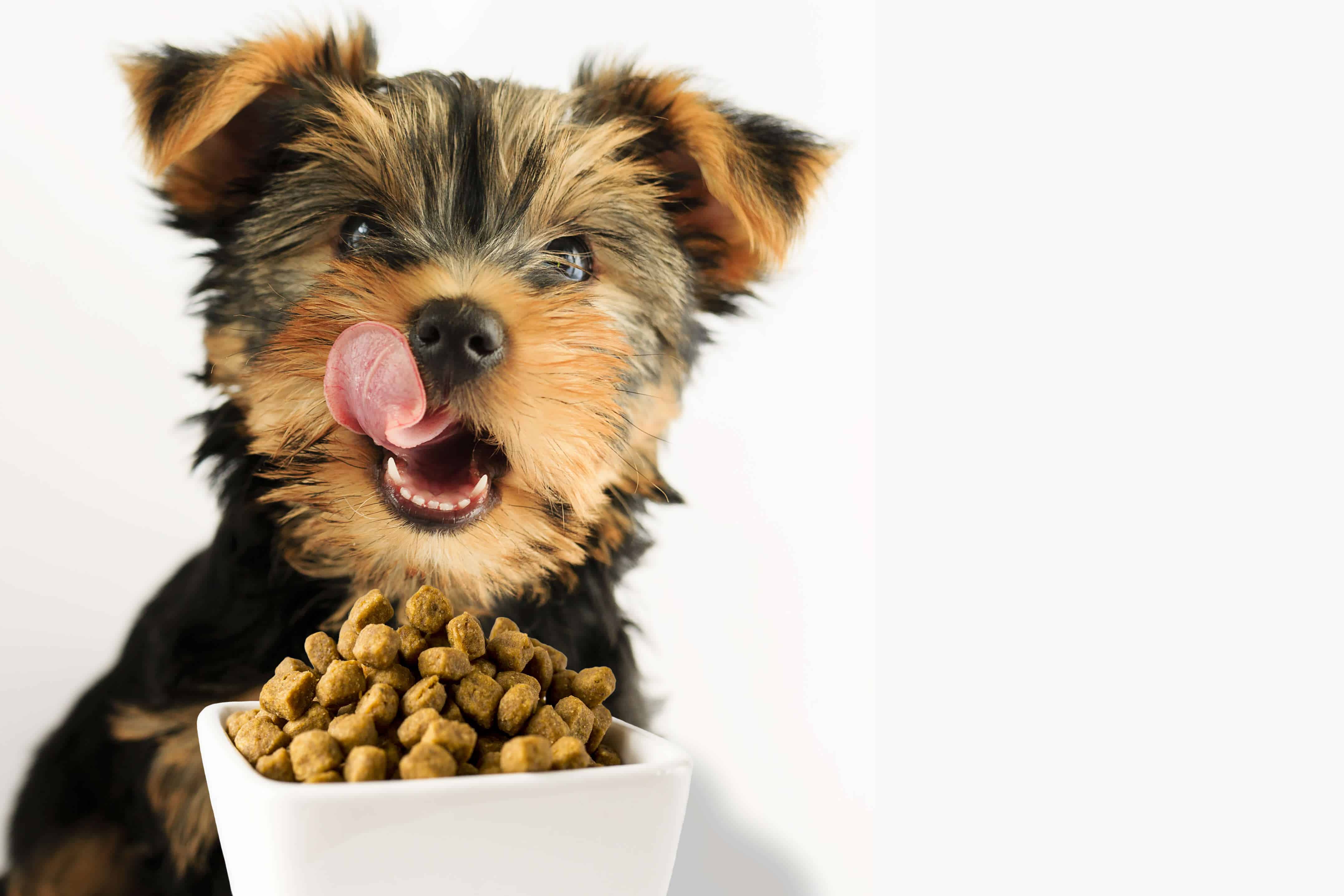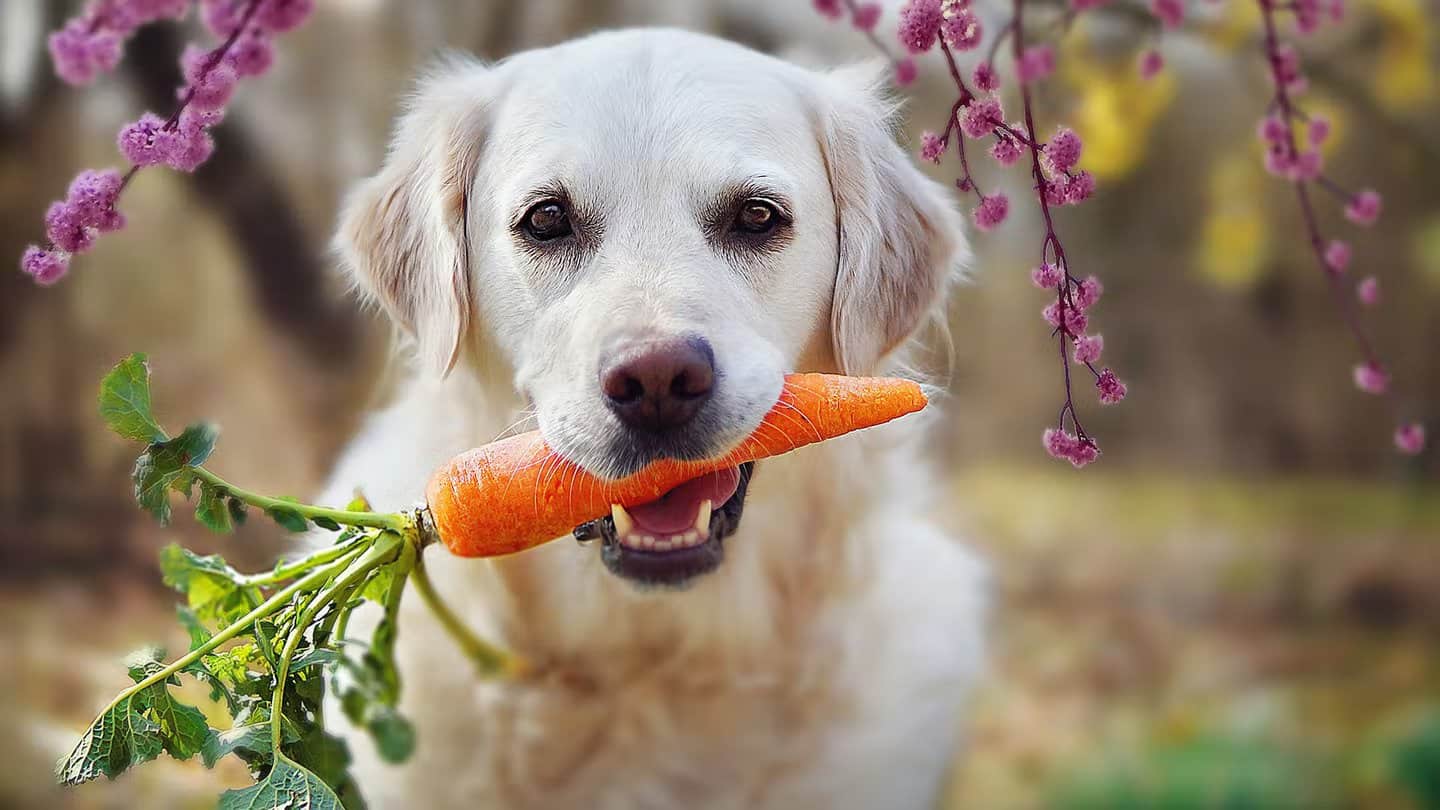William Grand, co-founder and CEO of NutriFusion, a company that creates nutrient-rich powders from non-GMO fruits and vegetables, brings more than 35 years of expertise in the management, sales, and marketing of company at the forefront of the critical issue of pet food. safety.
During his career, Grand has played key roles in supporting international product launches and startups, overseeing logistics and fulfillment centers, and mentoring local managers, leaders, and distributors across Asia , Europe, and Canada. Grand’s previous leadership positions include CEO of Earth Eco Research LLC and President of Mackay Specialties, giving him a deep understanding of the complexities and potential pitfalls within the food industry.
In this opinion piece, Grand addresses the recent development of pet foods, highlighting the dangers posed by contaminants in traditional pet foods. He explores how plant-based ingredients can offer a safer, healthier alternative for our pets, ensuring their well-being and safety.
Mars Pet Food Recall and the Power of Plant-based Ingredients
By William Grand
On March 17, the pet food industry was rocked by an announcement released by Mars Petcare US that they were recalling over 300 bags of PEDIGREE® Adult Complete Nutrition Grilled Steak & Vegetable Flavor Dry Dog Food in 44-lb. bag size due to the possibility of loose pieces of metal inside.
Ingestion of metal pieces has several dire implications for a pet’s health, including dangerous lodging of the pieces in the intestine. Also, some types of metals, when dissolved, can poison an animal, leading to serious injury – even death. This is terrible news for today’s pet owner, who has come to trust well-known brands to support their pet’s nutritional needs. This is especially dire news for a man’s best friend, who looks to their owner as the guardian of their safety and health.
This recall follows others, including a related development in 2020. Veganpet, an Australian-based pet food brand, sued its supplier after a contaminated batch of biscuits killed of seven dogs and affected more than 60 dogs with incurable megaesophagus disease.

The fact that basic sustenance can be the culprit of a pet’s death is positively disgusting, and many pet owners are taking a step back to examine what they are feeding their pets. There is so much that is hidden, or simply not known, about the associated risks with certain substances and the potential for opening the floodgates of diseases, diseases that cannot be prevented or treated.
Salmonella, a danger we know about human health, poses a huge threat and can rear its ugly head in many ways. Many types of pet food contain products that come from animals, making them prime candidates to contain Salmonella (as well as E. coli, for that matter).
“The fact that basic livelihood can be the culprit of a pet’s death is positively disgusting”
And while the food is cooked at a temperature that should eliminate this type of contamination, if it comes into contact with additives that are contaminated, the food is also contaminated. Furthermore, pets that become ill with Salmonella can still carry the bacteria and pass it on to their owners.
However, fruits and vegetables – the longtime champions of good health for pets and humans – have been found to be excellent sources of nutrition for animals while also escaping some of the major risks associated with other substance type.

Considering that dogs are omnivores as opposed to carnivores, the option of pursuing plant-based pet foods is a fantastic way to proceed. When investing in dog food supported by fruits and vegetables, dogs benefit from a powerful mix of vitamins and minerals that deliver all the nutrients needed while also protecting them from the risks associated with the products from animals
As pet owners, we should do our due diligence and check the ingredients listed on the nutritional panel. In some cases, a package may say that the pet food is plant-based (or maybe even to a degree) when the panel tells a different story. Don’t fall victim to sneaky marketing.
Don’t forget to ask questions – education is the key.
“We should do our due diligence and check the ingredients listed on the nutritional panel”
Be sure to consult your veterinarian if you have any questions or concerns about the risks associated with Salmonella and other potential contaminants to make sure you’re on the right track. Also, find out what a potential game plan might look like in case your pet is contaminated with something like metals (as obtrusive and potentially toxic substances).
While every situation is different, understanding what the next steps might look like in the event of a potentially harmful or life-threatening situation involving pet food can make all the difference. in the world.


